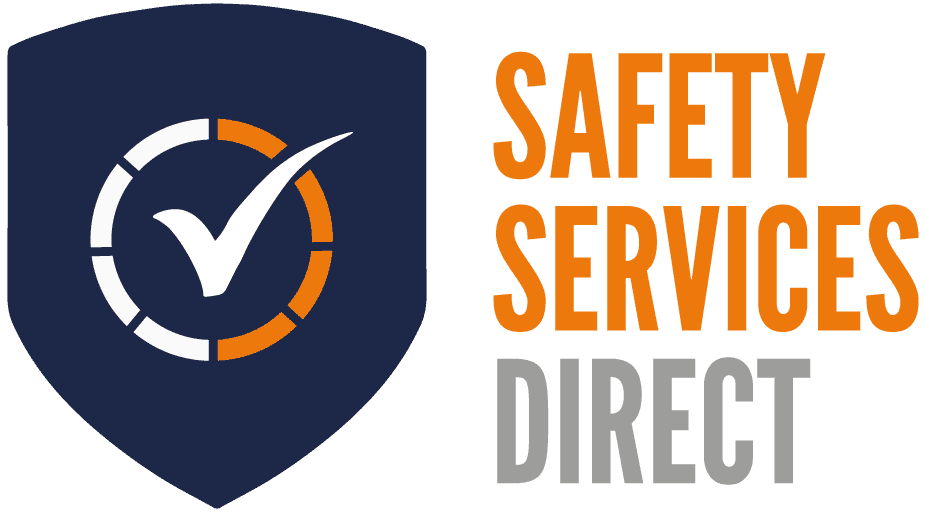Like the rest of the world, the UK has a complex, quickly evolving business landscape. New laws come into play regularly, the cost-of-living crisis is taking a toll on most employees, and many are still grappling with the aftereffects of the COVID-19 pandemic. All of this makes human resources more crucial than ever.
Understanding human resources and the pivotal role HR plays in various industries, including construction, can significantly impact an organisation’s success. So, in this blog, Safety Services Direct delves into the core functions and responsibilities of a human resources department. We’ll also explore alternatives to staffing for HR, with HR courses that equip managers and employees to handle HR issues effectively.
What is HR?
Human Resources, commonly called HR, encompasses the strategic approach to effectively managing an organisation’s people (or human capital). Its meaning extends beyond just hiring and firing; HR involves nurturing the workforce, ensuring compliance with labour laws, and fostering a positive work environment.
Over the years, HR has evolved from a purely administrative function to a critical component of organisational strategy, aimed at maximising employee performance and satisfaction.
The Role of HR in Organisations
The HR role is multifaceted, serving as the backbone of employee management. HR professionals manage the entire employee lifecycle from recruitment to retirement, ensuring that the organisation operates smoothly and efficiently. They are instrumental in shaping company culture, implementing policies, and acting as a bridge between management and employees.
Key Functions and Responsibilities of HR
Whether an entire department for a large-scale organisation or a singular HR professional, here are the key responsibilities of human resources:
Recruitment and Staffing
One of HR’s primary responsibilities is managing the recruitment and staffing process. This includes identifying staffing needs, attracting and selecting candidates, conducting interviews, and onboarding new hires. Effective recruitment ensures that the organisation has the right talent to achieve its goals.
Employee Onboarding and Training
HR is responsible for developing and implementing comprehensive onboarding programs that help new employees acclimate to the company culture and understand their roles. Continuous training and development programs are also essential, ensuring employees’ skills remain relevant and up-to-date.
Performance Management
Setting performance standards and conducting regular appraisals are key HR functions. Performance management systems help identify areas for improvement, reward high performers, and address underperformance, thereby aligning individual goals with organisational objectives.
Employee Relations
Maintaining positive employee relations is crucial for a harmonious workplace. HR handles conflicts, grievances, and disciplinary actions, ensuring that issues are resolved fairly and promptly, which fosters a supportive and collaborative work environment.
Compliance and Legal Responsibilities
HR professionals must follow labour laws and regulations to ensure the organisation complies with all legal requirements. This includes managing employee records, handling workplace safety, and ensuring fair labour practices.
Compensation and Benefits Management
Designing competitive salary structures and managing employee benefits programs are vital HR responsibilities. By offering attractive compensation packages, HR helps retain top talent and enhance job satisfaction.
Importance of HR Courses for Managers and Employees
HR courses are invaluable for managers, equipping them with the knowledge of HR responsibilities and leadership skills. These courses cover critical areas such as performance management, communication, and time management, enabling managers to handle HR issues efficiently.
For employees, HR courses provide an understanding of HR policies and procedures. Training on conflict resolution, team collaboration, and workplace ethics helps employees navigate the complexities of the workplace, contributing to a positive work environment.
Investing in HR education leads to improved HR handling in day-to-day operations. Managers and employees equipped with HR knowledge can better manage workplace dynamics, leading to increased employee satisfaction and productivity.
Is an HR Department Necessary?
The answer to this question depends on your organisation. An HR department ensures that HR practices are structured and consistent while supporting company growth and scalability by managing workforce needs effectively. That said, an entire department is only needed by large companies that support over a hundred employees. For organisations with over 50 employees, hiring a full-time HR professional to handle human resource management is recommended.
On the other hand, for smaller organisations, either training employees with HR courses or utilising HR software and consultants can be viable alternatives. These solutions provide expertise and flexibility without needing full-fledged human resources professionals.
Weighing the pros and cons, it’s evident that access to HR expertise is essential for managing a workforce effectively. The decision between HR departments, HR professionals, and courses offered depends on the company’s size, industry, and specific needs, but the benefits of professional HR management are undeniable.
Conclusion
Investing in HR courses for managers and employees is a strategic move that can drive growth in all organisations. HR education can lead to a more harmonious, productive, and legally compliant workplace, which is vital for success in today’s competitive business environment. So, without delay, explore our HR courses and upskill your employees today.
If you have any questions, please do not hesitate to contact our qualified consultants.










